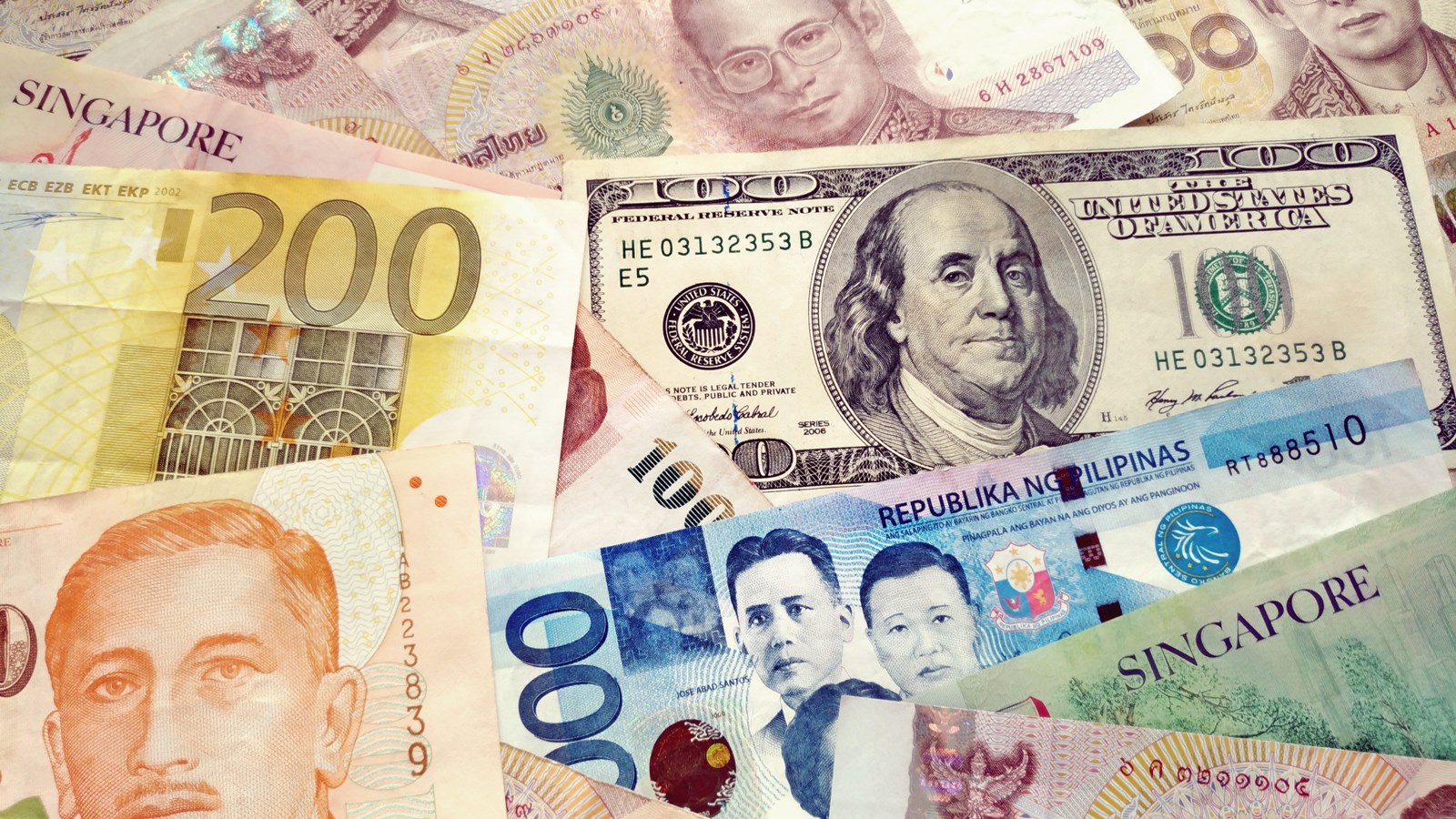Moody’s Investors Service says in a new report that the impact of the coronavirus pandemic will exacerbate income inequality in APAC, posing credit risk for sovereigns across the region and in particular for those with weaker fiscal capacity and social protection systems.
“Growth in APAC has outpaced other regions globally for decades. Although this has reduced poverty, it has been accompanied by increases in income inequality for nearly half of Moody’s rated APAC sovereigns,” says Anushka Shah, a Moody’s Vice President and Senior Analyst.
“The shock from the pandemic will make these inequality gaps starker as it hits vulnerable and lower income groups disproportionately.”
Anushka Shah, a Moody’s Vice President and Senior Analyst
Rising disparities could spur governments to intervene with fiscal policy. Spending on social measures typically reduces income disparity.
But nearly all APAC emerging and frontier markets, barring a few exceptions, have weak redistribution systems, although efforts to strengthen these systems are underway.
Tax policies, particularly the use of progressive income taxes, can also address income inequality, but only when tax leakage or evasion is minimal. In APAC – with the exception of some advanced economies – the role of taxation in reducing inequality has been limited, since personal taxes account for a small share of tax revenue and they are not aligned with taxpayers’ capacity to pay.
Over the long term, governments with weak social systems and limited scope to raise fiscal spending will face particular challenges in tackling income inequality. India, Indonesia and, to some extent, Malaysia and the Philippines stand out in this regard. Frontier markets such as Papua New Guinea and Sri Lanka face similar pressures.
Low revenue constrains the ability of these governments to shore up financing for spending on social transfers. If growth remains below pre-pandemic rates, these governments may face tough choices between addressing inequality before it has persistent and wide-ranging effects – particularly, but not limited to, social and political strains – and implementing fiscal consolidation.
Although China, Hong Kong SAR and Singapore have high income inequality, their fiscal space provides leeway in quelling immediate pressures.
About the author
Make your Business everybody's business : publish your PR News on Siam News Network top reference news sites.








